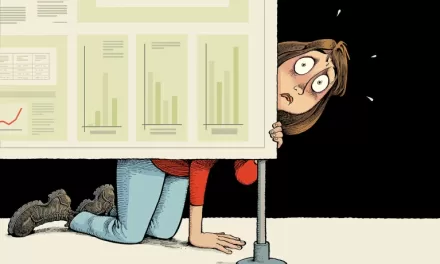A recent study titled Tobacco Smoking in Early Adulthood and Labor Market Performance: The Cardiovascular Risk in Young Finns Study, published in Nicotine & Tobacco Research, reveals that smoking has a detrimental effect on earnings, especially among younger, less educated workers. This research highlights smoking’s significant economic costs, beyond the well-known health consequences.
Smoking, which remains a major contributor to preventable diseases such as cancer, respiratory issues, and cardiovascular disease, continues to affect millions globally. Despite a decline in smoking rates since the 1990s, 18% of women and 27% of men in high-income countries still smoke as of 2019. The health risks of smoking are widely recognized, but this study sheds light on a previously underexplored aspect—its impact on financial outcomes.
The study draws upon data from the Cardiovascular Risk in Young Finns Study, which tracks 3,596 participants born between 1962 and 1977. These individuals, residing in both urban and rural Finnish areas, were followed from 2001 to assess their health, employment, and earnings over time. The research integrated smoking history, labor market performance, and background data using personal identifiers and official records.
By analyzing smoking habits using a measure known as “pack-years”—which calculates cumulative tobacco exposure—the study found that even modest smoking histories could have lasting economic consequences. Specifically, each additional pack-year of smoking was linked to a 1.8% decrease in earnings. To put this into perspective, reducing smoking by the equivalent of five pack-years could result in a 9% increase in earnings.
The study also revealed that smoking negatively affects the number of years worked, with each additional pack-year correlated with a 0.5% reduction in employment duration. These effects were most pronounced among younger workers, particularly those with lower education levels. Among older workers, there was no significant difference in earnings between smokers and nonsmokers, suggesting that the economic consequences of smoking are most severe for younger generations.
Notably, the study found that the negative impact on earnings and employment was only apparent in current smokers. Individuals who had quit smoking did not exhibit the same trends, suggesting that the decision to quit smoking can reverse its economic repercussions.
Lead author Jutta Viinikainen emphasized the broader implications of these findings, stating, “Smoking in early adulthood is closely linked to long-term earnings and employment, with lower-educated individuals experiencing the most severe consequences. These findings highlight the need for policies that address smoking’s hidden economic costs and promote healthier behaviors.”
The study’s results underscore the importance of understanding smoking’s long-term economic impact, particularly for younger workers who may face compounded challenges in the labor market. With this research, policymakers are urged to consider the economic benefits of smoking cessation and prevention programs as part of broader public health initiatives.
Source: Jutta Viinikainen et al, Tobacco Smoking in Early Adulthood and Labor Market Performance: The Cardiovascular Risk in Young Finns Study, 2024, DOI: 10.1093/ntr/ntae296.












